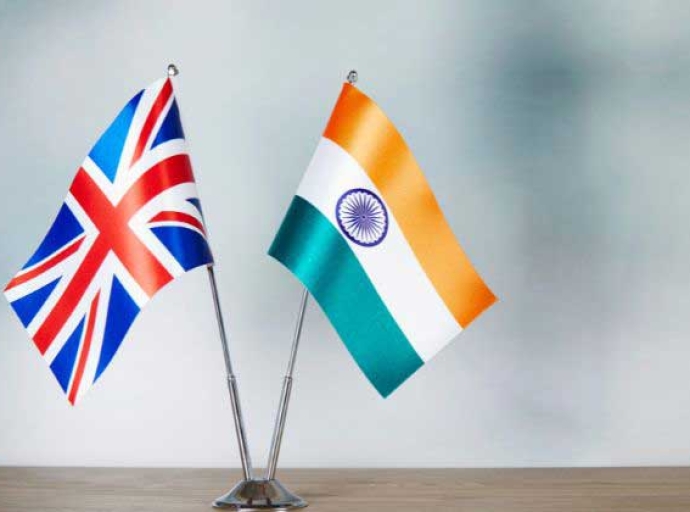Muted demand for ethnic wear expected this festive season

With COVID-19 diminishing consumer sentiments, the ethnic wear segment in India could register only 10-20 per cent sales from April to June. However, reports suggest, the arrival of festival season in July with Eid brought some demand back with brands like Fabindia, W, Aurelia and Ethnix by Raymond reporting a 45 per cent surge in sales. In India, the festive season contributes about 25 per cent of yearly sales of ethnic wear brands. The ethnic wear category has almost 20 per cent share of the Rs 2.35 lakh crore urban apparel market in India, says Siddharth Jain, Partner, Kearney. However, in FY21, the segment is likely to see demand erosion of upto Rs 15,000-20,000 crore as compared to the previous fiscal.
Initiatives to boost sales
Brands are working out strategies to deal with falling demand Fabindia for example is directly interacting with customers. And in order to provide customers with contactless shopping experience, the company plans to set up shops in housing societies. It also plans to explore e-commerce to boost sales. The company plans to launch the Rajwada collection in East Indian markets this September, and North India in November. This collection will help clock in 50 per cent of last year’s festive sales.
Likewise, TCNS Clothing aims to focus on casual ethnic wear line, as Anand Daga, Managing Director told Financial Express recently. The company plans to build a flexible inventory and a responsive supply-chain that will help it to offer relevant options at times of sudden surge in demand. Another brand that plans to make its supply chain more flexible is Ethnix by Raymond. Though they too have been impacted by the absence of large-scale weddings, demand for ethnic wear has not completely dwindled, points out Suman Saha, COO, Raymond Apparel. They plan to launch BTL activations over the next three months.
Demand to remain subdued
Though e-commerce will emerge as the leading retail channel this season, it will prove to be an expensive proposition for apparel companies, feels Anand Ramanathan, Partner, Deloitte India. E-commerce will erode almost 30 to 40 per cent of profit margins compared to offline channels.
It takes six to eight months of planning for brands to launch their ethnic wear products, says Jain. However, as this year was majorly disrupted due to the lockdown, these companies faced supply chain challenges from March to September. Shortage of artisans owing to the pandemic has affected the apparel business during this period.
Experts feel, demand in the upcoming festive season is likely to be subdued. Though sales may pick up during Durga Puja and Diwali, they will remain 30 per cent lower than last year. Again, this will depend on strategies brands adopt to lure customers into stores.
Latest Publications

































